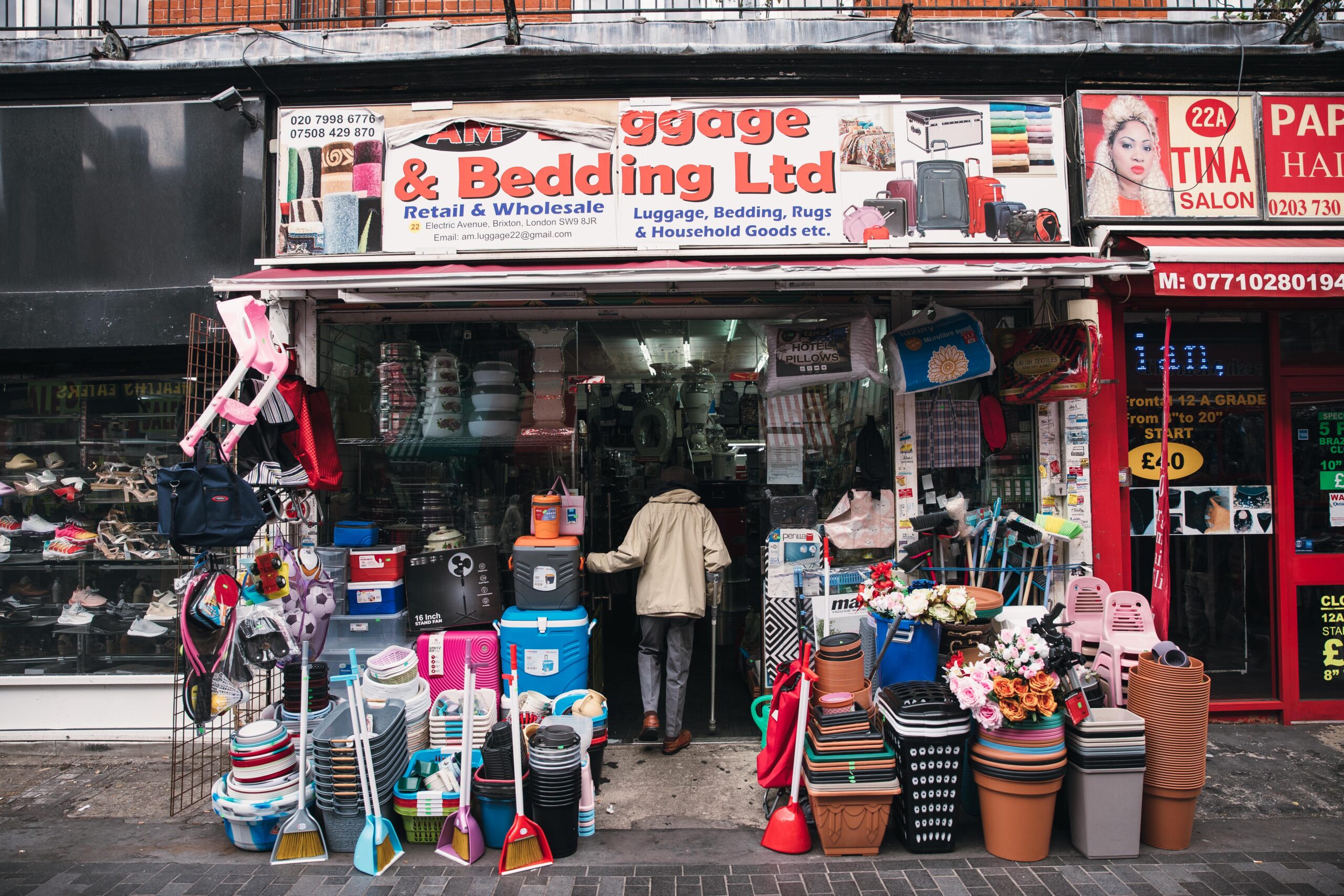Listening to new conversations about health
Last week Health Equals, the UK’s campaign for improving health opportunities, launched our first campaign, #LivesCutShort. We’re asking people to look up life expectancy in their area to see how this compares to other parts of the UK in order to shine a light on the extent of health inequalities across the country.
Working with our members across sectors, we’re encouraging people to think about the building blocks of health and wellbeing, which sit beyond our individual choices or the health care service. And we’ll be using this as a launch pad for future campaigns and influencing, including on housing, employment and air quality.
Health Equals has an ambition to really shift the conversation about what creates good health and advocate for national policies that reflect this. So, how will a campaign of this kind succeed? When we think of campaigning, it’s easy to think about placards, billboards and tannoys. And when it comes to health inequalities, there is a lot to shout about: where you live in the UK can cut your life short by 16 years.
But what will really underpin the success of our campaigning is listening. We can’t shift a national conversation without listening to the individual conversations along the way. This will help us learn why this stuff matters, where we need to act and build on good work already underway.
We can’t shift a national conversation without listening to the individual conversations along the way. This will help us learn why this stuff matters, where we need to act and build on good work already underway.
Reflecting on responses to the campaign so far, a few things stand out for me:
1. People look beyond their own life expectancy
When I have talked to people about their own life expectancy in the context of our campaign, it has often been met with dry humour or resignation: ‘could be worse, I guess!’ or ‘I’d rather not think about that’. We’re not very good at talking about death and perhaps least of all our own. But when people start reflecting on what this means for their loved ones or for someone who might live 10 miles down the road, the humour and resignation has often shifted to sadness or anger. Some have reflected on grandparents who could have met grandchildren. Others have talked about caring for a dying parent at a much earlier stage in their life, while juggling raising a young family and establishing a secure income. We need to tap into these individual stories as much as national narratives like stalling productivity and NHS pressures.
2. People are interested in place and comparison
Using our online tool, people are often searching multiple postcodes – perhaps somewhere they have lived previously or where a friend or relative lives. It’s human nature to compare and it’s when people do this that I’ve had some of the most interesting conversations about the drivers of health and how long we can expect to live. People have talked about variation in air quality, access to healthy food or employment opportunities to name a few. Health Equals may be trying to shift national policy, but it’s local places where this plays out and local places where we need to situate a lot of our conversations.
3. There’s more to life than life expectancy
Discussions about life expectancy quickly lead into conversations on quality of life, wellbeing and years in good health. People have unsurprisingly told me that they would rather live a healthier, shorter life than a long life with poor health and wellbeing. We have focused on life and death in our first campaign to highlight the seriousness of the current situation. But we know there’s much more to it than that and this will be a key focus of our future campaigning. Not least because the years someone can expect to live in good health can vary by nearly 20 years across the UK.
We have focused on life and death in our first campaign to highlight the seriousness of the current situation. But we know there’s much more to it than that and this will be a key focus of our future campaigning.
Continuing the conversation
These are reflections from conversations I have had in my own social and professional circles and no doubt very different from others happening across the UK. Over the coming months, Health Equals will be listening closely to these wider conversations. This will include those happening on social media, with our campaign advisory group of people working at grassroots organisations, and responses to billboards in Sheffield and Glasgow.
So please join the conversation and share your reflections on #LivesCutShort. We want to hear what you have to say.
Follow us on Twitter, Instagram and LinkedIn or email us at [email protected].




